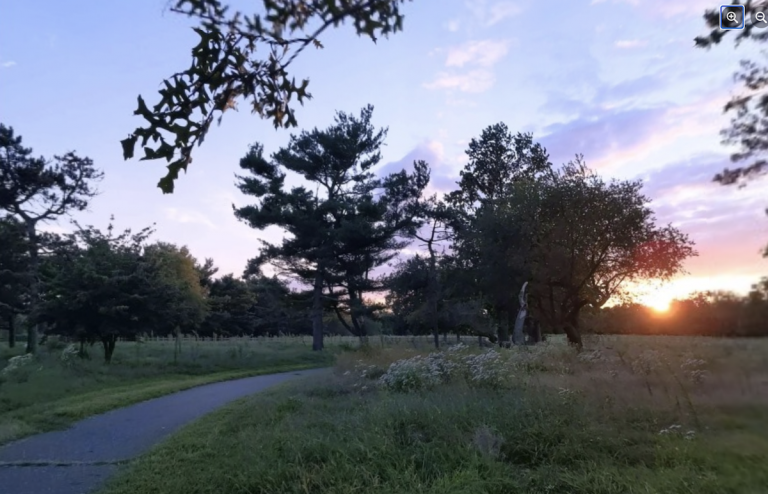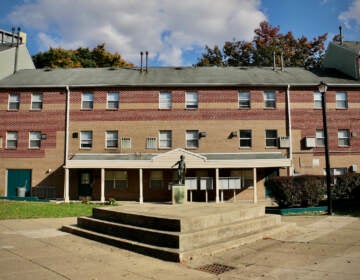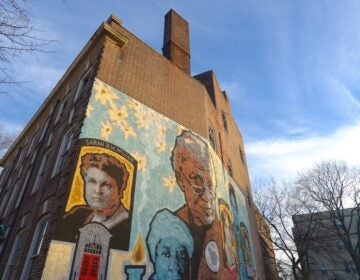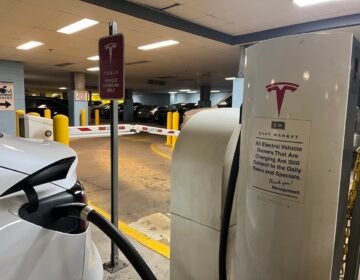Philly city government needs to take more action on climate change
In spite of efforts to preserve Philly’s natural environment, recent actions call into question whether city government is failing the climate challenge.

(Friends of FDR Park)
Philadelphia needs more environmental champions.
From air quality to urban heat island effect to flooding to water quality, Philadelphia is already experiencing increasingly harmful impacts from climate change and generations of detrimental environmental policies.
The latest report from the Intergovernmental Panel on Climate Change makes clear that governments at every level must demonstrate increased urgency in meeting climate goals. Evidence of the consequences of inaction is all around us. Voices inside and outside the Kenney administration recognize the critical need for greater commitment to the necessary goals that the city has established to better combat the increasingly calamitous effects of climate change on our city.
There is no denying that Philadelphia’s city government has taken on issues that impact air and water quality. City Council and successive mayoral administrations have established policies and set forth ambitious plans to improve the quality of life for city residents through emphasizing improvements to our natural environment.
Yet, we see numerous examples where the city has either lost its focus on these critical goals or is unwilling or unable to follow through on its own ambitions.
In 2011, the Philadelphia Water Department (PWD) established its “Green City, Clean Waters” program to comply with state and federal regulations related to the reduction of stormwater by building more green spaces, trees, and natural buffers. The program’s emphasis on natural ways to soak up stormwater served as a national model and promised to address water quality issues arising from increasing runoff in our creeks, streams, and rivers, while providing additional benefits to underserved communities through installation and maintenance of green space. Green City, Clean Waters promised hope, but the execution has failed to live up to the initial optimism.
The need to promote healthier creeks, streams, and rivers is as clear as our water is not: the Pennsylvania Department of Environmental Protection released a report earlier this year that shows that Philadelphia has the highest percentage of polluted streams in the state. Ninety-seven percent of Philadelphia’s streams are considered polluted, and this is largely due to stormwater runoff.
We can combat the damage done to our water through reducing waste and litter, investing in green space, and protecting stream buffers. Though PWD has failed to do its part in truly prioritizing green space through “Green City, Clean Waters,” equally damaging is the Department of Parks and Recreation actively pursuing what appears to be a coordinated plan to leverage and monetize Philadelphia’s natural environment regardless of the very real threat to our ability to build climate resilience and reduce stormwater.
We are seeing this at FDR Park with the proposed plans for The Meadows and the city’s significant interest in hosting the 2026 World Cup. To the west, we are seeing a similar situation with the redevelopment of Cobbs Creek Golf Course where hundreds of trees have been removed across dozens of acres. Finally, we are seeing this play out farther north at Edgely Field in Fairmount Park, where acres of open space are slated to be repurposed to accommodate an astroturf football field and track.
Despite overwhelming evidence that Philadelphia’s natural infrastructure is a precious commodity in our efforts to combat the worst impacts of climate change, the Department of Parks and Recreation is pursuing a path of environmental degradation that openly ignores the city’s own plans to increase its tree canopy and reduce stormwater. As with “Green City, Clean Waters,” the vision is there, but the willingness and the ability to execute that vision is lacking or nonexistent.
We need that vision and guts to take real action in the face of climate change. We need real leadership in every corner of city government to unleash the true power of substantive change and the political will to overcome the short-sighted thinking that has plagued local government for far too long. We cannot run like water from the work that must be done.
Philadelphians deserve clean, safe, and accessible green space and water. Philadelphia needs more environmental champions. Who will stand up?
Adam Nagel is a campaign manager for PennFuture, a statewide nonprofit environmental advocacy organization with five offices across Pennsylvania.

Subscribe to PlanPhilly
WHYY is your source for fact-based, in-depth journalism and information. As a nonprofit organization, we rely on financial support from readers like you. Please give today.









